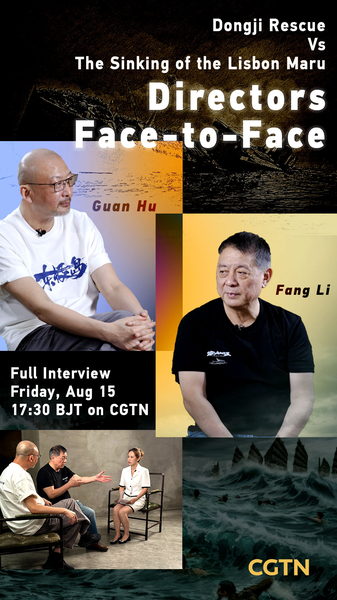At a rare face-to-face gathering in Beijing, directors Guan Hu and Fang Li unpacked their creative journeys through two films that profile the same wartime rescue: a high-octane drama, Dongji Rescue, and a hard-hitting documentary, The Sinking of the Lisbon Maru. Their conversation blended art and history, sparking a fresh debate on storytelling, truth, and the role of the director.
“Every project demands its own language,” Guan Hu explained, noting how dramatization can amplify emotional arcs. He described crafting suspenseful scenes that immerse audience members in chaos and heroism—key elements that have driven drama viewership up among young global audiences seeking cinematic thrills.
Fang Li, whose documentary has drawn praise for uncovering untold firsthand accounts, countered: “Fact and nuance are inseparable.” She highlighted how her film weaves interviews, archival footage, and expert commentary to deliver a layered perspective, meeting a growing demand for authenticity in storytelling.
Data from recent film festivals show that genre-blending is on the rise: audiences are increasingly shifting between dramatizations and documentaries to satisfy both emotional engagement and intellectual curiosity. This trend underscores why two films on the same topic can coexist and even complement each other.
The directors did agree on one thing: shared history needs thoughtful treatment. Whether through staged re-enactments or real-life testimonies, they believe films hold the power to connect generations and cultures—sparking conversations that ripple far beyond the theater.
Which approach resonates more with you—the pulse-pounding drama or the in-depth documentary? Join the debate in the comments below.
Reference(s):
cgtn.com




